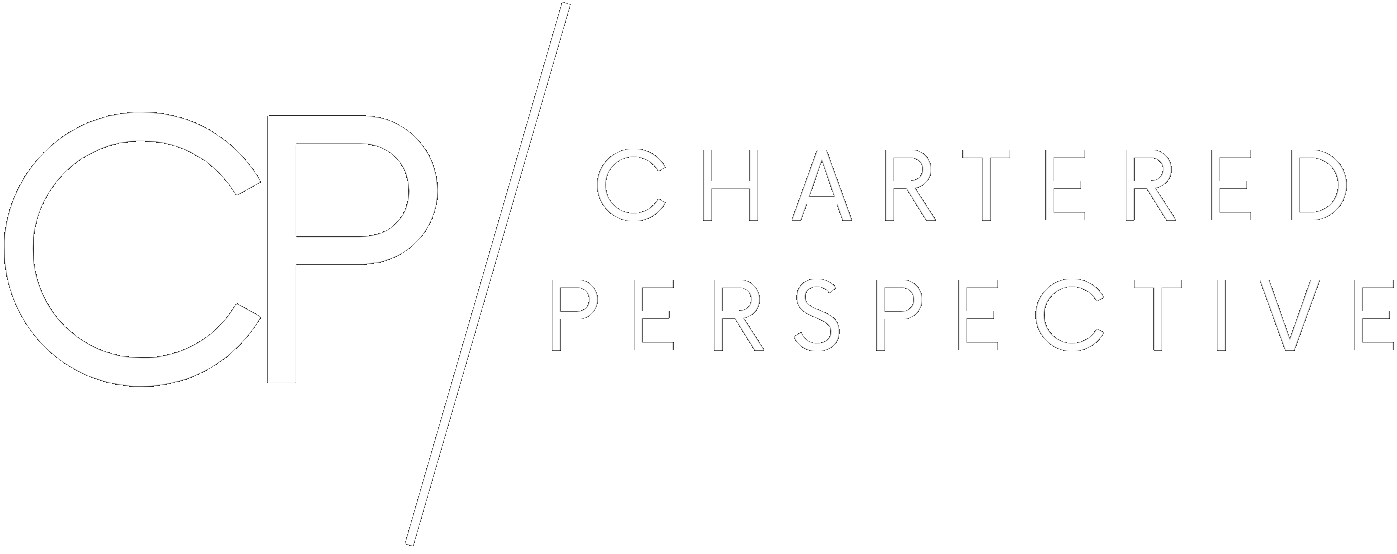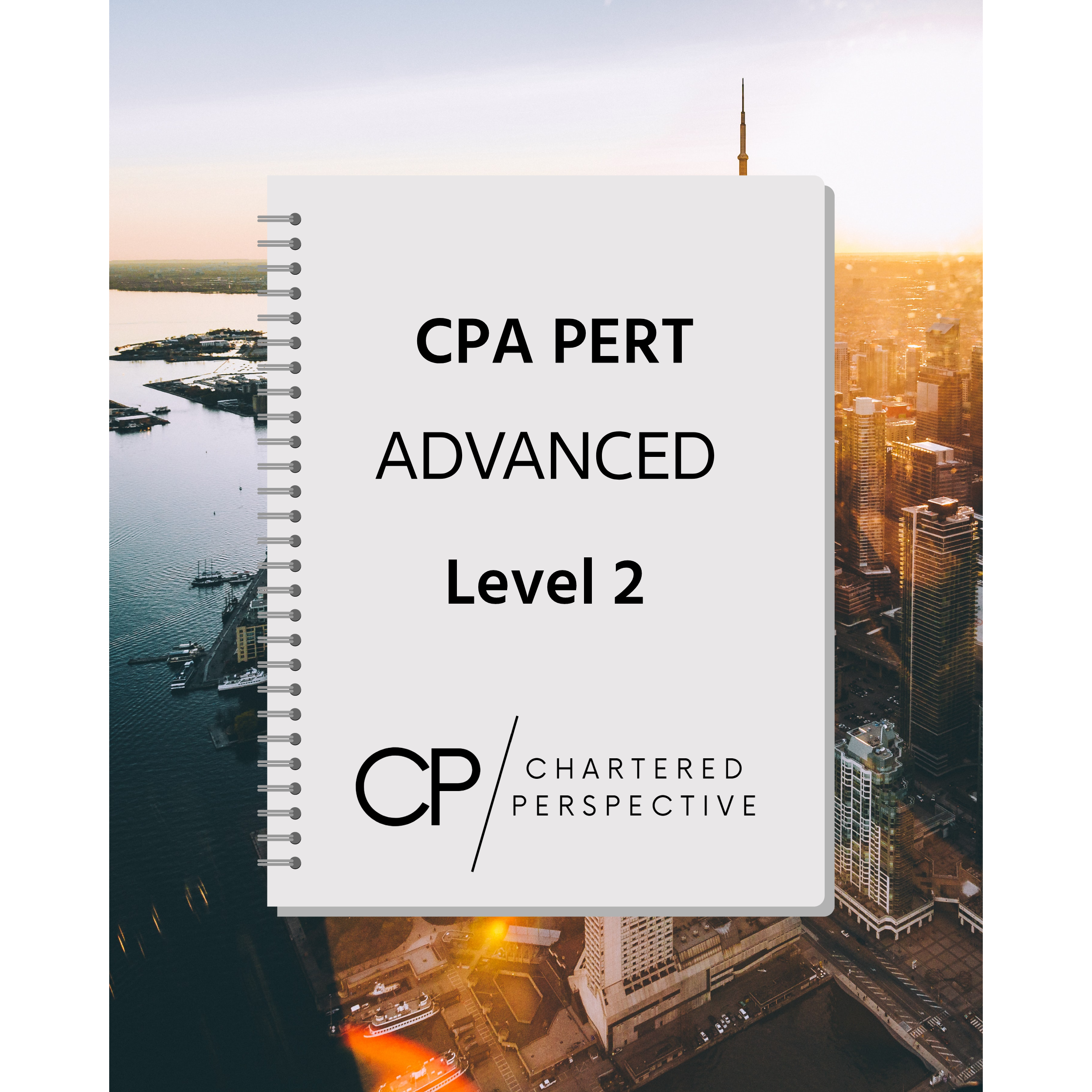Experience Verification Route (EVR): My Experience (CPA Canada – PERT)
Many students or existing CPA candidates seem to feel intimidated by CPA Canada’s Experience Verification Route (EVR) when it comes to the Practical Experience Requirements (PER) portion of the CPA program. As someone who ultimately obtained the CPA designation through EVR, I can share my experience with the program.
Practical Experience Requirements (PER)
Step one of any EVR journey is planning how you will obtain the necessary CPA Technical Competencies required in order to obtain the CPA designation. I have created an Excel-based template to help students/candidates plan their approach to obtaining the necessary Core, Depth, and Breadth requirements. Readers are encouraged to download the template for free from the link below to get started.
CPA Technical Competency Map Template
This Microsoft Excel-based template allows candidates to plan their CPA journey. The interactive template will highlight when Core, Breadth, and Depth competencies are met.
To provide context to the below sections, my full profile is available on the CPA Overview page.
CPA Core Competencies
I obtained my required core competences across both Financial Reporting and Management Accounting. I obtained Financial Reporting through my time in the Mergers & Acquisitions (M&A) team at Deloitte where I was involved in Financial Due Diligence engagements. I worked at Deloitte for the better part of two years and therefore was able to show progression from Level 0 to Level 1 in a handful of sub-competencies.
I obtained Level 1s in Management Accounting as a Senior Financial Analyst in the CPG industry working on the Financial Planning & Analysis (FP&A) team where I frequently analyzed variances and prepared reports for management. I had done this role for over a year as well which allowed me to display progression through the levels as preferred by CPA Canada.
The Core competencies were the first I had completed of the three (Core, Depth, and Breadth).
CPA Depth Competencies
My Depth area was Finance as I had transitioned to my Corporate Banking role where I frequently valued companies and assessed their financial health. I had only been in this role for around 6 months before being granted the Level 2s I required. This was quick however I believe it was possible because I was working at the Associate level (as opposed to Analyst) and had already shown progression through Level 0 and Level 1 during my time in M&A at Deloitte.
CPA Breadth Competencies
I believe Breadth will be the area that most candidates will find most difficulty with. Obtaining four Level 2s may be difficult without changing jobs that expose you to new competency development opportunities, which is why planning out your competency map will be that much more important.
In addition to my Depth in Finance, I obtained breadth with additional Level 2s in Strategy & Governance as well as Management Accounting, both earned from my experience working in FP&A and Strategy & Corporate Development in the CPG industry.
The Practical Experience Reporting Tool (PERT)
While it is true that reporting under EVR is far more cumbersome than under a Pre-Approved Program (PPR), I am living proof that it is possible to have a relatively smooth PERT report experience. Keep in mind that the only difference between EVR and PPR is how Technical Competencies are reported, as all CPA Canada candidates must write detailed reports for the Enabling Competencies.
I did have several reports assessed by the CPA reviewer below my self-assessment, both at Level 1 (assessed downward to Level 0) and Level 2 (assessed at Level 1). After doing a deep dive on PERT reporting I devised an approach that allowed me to successfully obtain the proficiency levels I required, including going from a Level 0 directly to a Level 2 without progression to Level 1 inbetween. My approach and several PERT example answers and reports can be found in the PERT Basic/Advanced/Premium guides linked below:
Keep in mind that it is important to give the PERT reports the time and effort they require. Each CPA review which comes back assessed below your targeted proficiency level may represent a direct 6-month delay in obtaining your designation. If a candidate takes too long to complete their Practical Experience Requirements, they may be deregistered from the CPA program entirely and lose all progress.
In summary, I personally faced many challenges when going through the EVR and PERT process with CPA Ontario, however, I was able to eventually meet the requirements and obtain the designation in ~40 months of experience and with a handful of job changes along the way.







